Chalmers to spruik cost-of-living measures as government under inflation and interest rate pressures
Treasurer Jim Chalmers will launch a mini campaign spruiking cost-of-living measures kicking in from July as the government comes under pressure from inflation and interest rate rises.
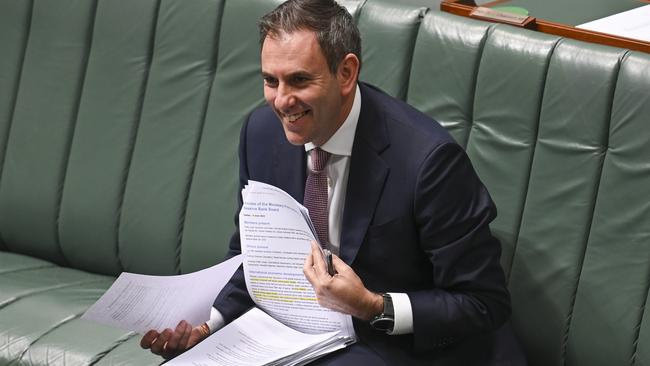
Jim Chalmers will launch a mini campaign spruiking cost-of-living measures that kick in from July as the government comes under political pressure from sky-high inflation and interest rate rises.
The Treasurer said the government knows “many Australians are doing it tough right now” as he talked up the July 1 commencement of higher childcare subsidies, enhanced paid-parental leave, a 15 per cent wage rise for aged-care workers and incentives for small business.
Dr Chalmers said the government’s policies – including price caps on coal and gas – would also reduce energy bills next financial year by up to $500 for households and $650 for small businesses.
The sales pitch from the Treasurer comes as the Reserve Bank flags more interest rate rises to tackle inflation, with the cash rate increasing 11 times since Anthony Albanese was elected prime minister a little over a year ago.
The Coalition has accused Labor of failing to curtail spending in the May budget to help put downward pressure on inflation, although this claim was not supported by RBA governor Philip Lowe.
Dr Chalmers said Labor’s policies were “targeted and responsible” and would come into effect “right when people need a bit more help”.
“The suite of policies which will start to roll out from Saturday will make a real difference in the lives of millions of hardworking Australians while delivering an economic dividend and laying the foundations for future growth,” Dr Chalmers said.
The policy sell comes after the federal government had its toughest parliamentary fortnight, coming under pressure over the voice and suffering its first major legislative loss on the $10bn Housing Australia Future Fund.
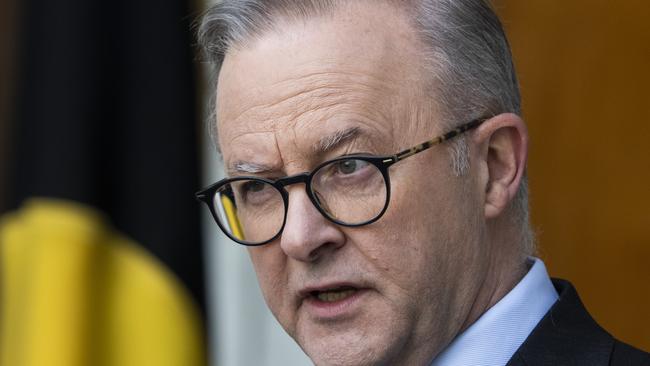
The Prime Minister on Sunday hosed down Labor using the legislative fail on his signature housing policy as a trigger for an early election.
Mr Albanese said governments should serve their full term as he accused the Greens of rejecting the affordable and social housing fund for political reasons.
“I firmly believe that governments should serve their full term – that’s my starting position,” Mr Albanese told Sky News.
“But we will wait and see what the Greens political party choose to do. They’re saying that they won’t vote for the legislation until something they know is not going to happen occurs.”
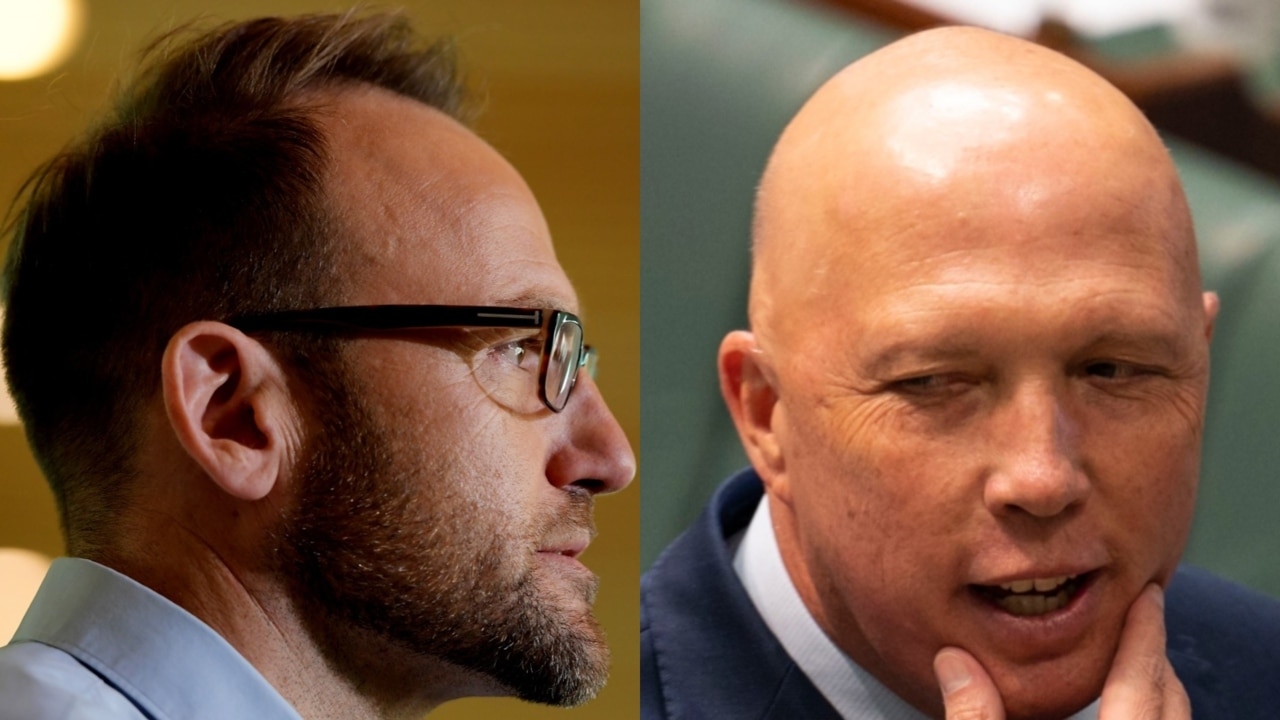
Last week, Mr Albanese revealed he was seeking legal advice on the Green’s blocking of Labor’s housing policy, leaving the door open to the prospect of a double dissolution.
The Greens and the Coalition have teamed up to delay debate on the housing bill until October 16, with constitutional experts saying the government would have a reasonable case to argue that the move would constitute the first of two steps needed to gain a double dissolution.
If the bill were to fail at least three months after the first failure, the government would have a trigger for a double dissolution, which would involve a full Senate election.
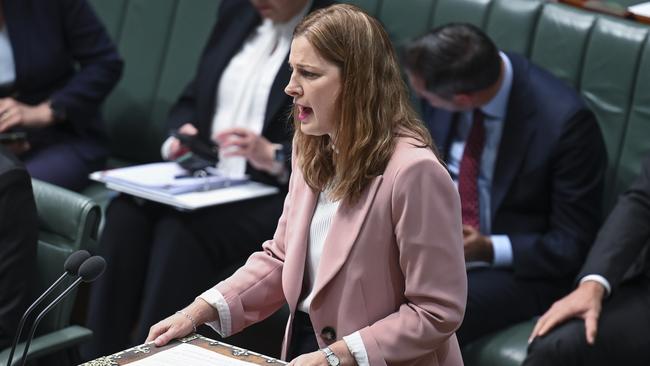
Housing Minister Julie Collins on Sunday said the expert evidence overwhelmingly suggested that the Greens’ push for rent freezes and caps did not work.
She told the ABC’s Insiders program that rent caps and freezes would reduce supply by up to 15 per cent as well as diminish the quality of stock over time.
Ms Collins said some state and territory leaders had already ruled out both rent freezes and caps, despite the Greens delaying a vote on the housing bill until after national cabinet meets in August in the hopes that Labor will co-ordinate a national rental freeze.

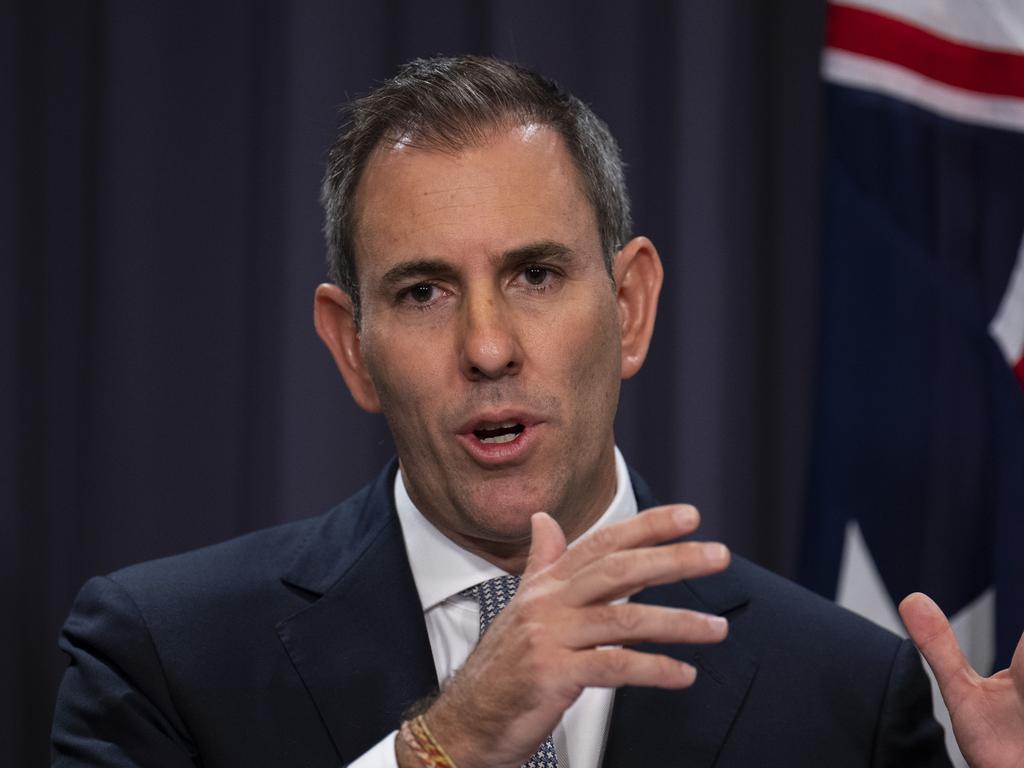





To join the conversation, please log in. Don't have an account? Register
Join the conversation, you are commenting as Logout